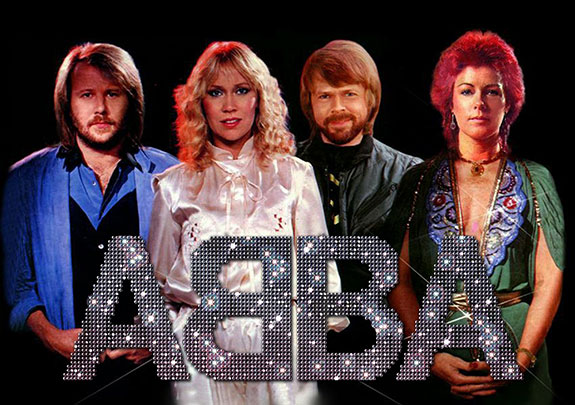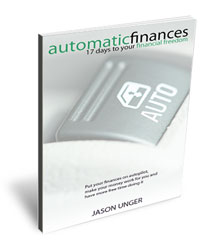
I rarely carry cash.
I’ve talked about it before, but it’s basically because I rarely get cash, would prefer to pay with a way that makes it easy to track my spending, and … because I have a really small wallet.
So I love the fact that Sweden is becoming the first cashless country, according to a study by Stockholm’s KTH Royal Institute of Technology.
[Study author Niklas] Arvidsson’s team calculated that there are just 80 billion Swedish crowns (about €8 bn) in circulation in the country’s wallets and cash registers – down from 106 billion just six years beforehand. “And out of that amount, only somewhere between 40 and 60 percent is actually in regular circulation,” he says.
To conduct financial transactions, most Swedes use an app called Swish, “a collaboration between Swedish and Danish banks that permits fast, simple money transfers on smartphones.”
According to its description in the iTunes Store, Swish …
… allows you to send money to friends, companies and organizations using your mobile phone. It’s perfect for splitting a check at a restaurant, paying for a bargain at a flea market or for sending a gift to charity. You can also pay with Swish when shopping online or in mobile apps from companies offering Swish as a payment option. The money is sent directly into the recipient’s account, no matter which one of the participant banks they have.
The Realities of a Cashless Society
The interesting consequence – and potential worry for those concerned about government oversight – is that people who do use cash have fewer places to do business, since some banks are now completely cashless. And at those banks, cash users may have to explain where they got it.
“At the offices which do handle banknotes and coins, the customer must explain where the cash comes from, according to the regulations aimed at money laundering and terrorist financing,” says Arvidsson.
The report notes the unintended consequences the transition to a cashless society has on the elderly, homeless and immigrants, who may not have access to the technology needed to be a part of a cashless society.
So … Good Idea or Bad Idea?
Sweden tends to be a fairly progressive country, so it’s not surprising that they’d be one of the first to go cashless.
But it’s not so obvious that going completely cashless is a great idea for everyone, especially those without smartphones. Knowing Sweden, they’d likely give anyone a phone who needed one, considering their generous benefits system.
The report suggests that other countries may have a hard time going cashless like Sweden has, thanks to the difficulty in transitioning banks to be cashless. “Swish is a brilliant idea, but to introduce it internationally is a challenge, not least because it takes a long time to change other countries’ banking systems from scratch,” says Arvidsson.
“But it is not impossible that a Swish-based banking revolution can also occur abroad.”
Here in the US, as more and more money becomes digital, and it’s easier than ever to buy things with your smartphone (not to mention your debit or credit card), we’re using less and less cash everyday. But we tend to be a bit slower than the rest of the world when it comes to overhauling our entrenched systems, so I would be shocked if cash disappears anytime soon.



